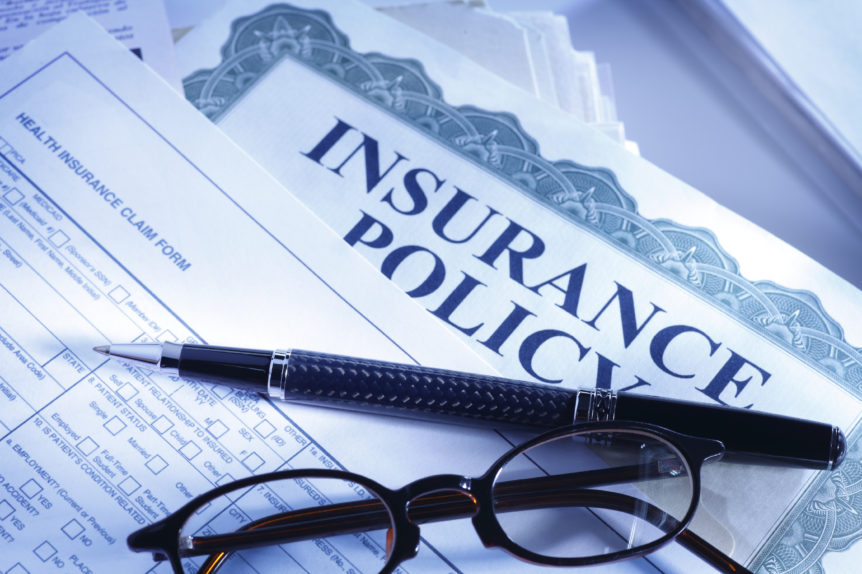Michael S. McGavick, the chief executive of insurer XL Group Ltd., delivered the keynote speech at the International Risk Management Institute construction conference earlier this month in Indianapolis. A former chief executive of Safeco Corp. and a former candidate for the U.S. Senate in Washington state, McGavick predicted in his speech and in a later interview that construction insurance would evolve as the construction industry adapts to a changing world of risk and liability. “The reputation of our industry as being slow to change is just going to end,” he predicted. Here are a few of his key points, as recorded and edited by ENR Deputy Editor Richard Korman. Read the article >>>
How to Treat These Three Cyber Tricks
By Monique Ferraro in Agents, Business, Cyber, Home Under the cover of the dark web, cyber criminals are refining their sinister methods. And they’re only getting more sneaky and destructive. Here are three of their most common tricks and how you can avoid getting fooled. Read on for common cyber tricks >>>
Ten Cybersecurity Tips for Small Businesses
This information is from the FCC’s Cybersecurity Hub. Broadband and information technology are powerful tools for small businesses to reach new markets and increase sales and productivity. However, cybersecurity threats are real and businesses must implement the best tools and tactics to protect themselves, their customers, and their data. Visit www.fcc.gov/cyberplanner to create a free customized Cyber Security Planning guide for your small business and visit www.dhs.gov/stopthinkconnect to download resources on cyber security awareness for your business. Ten key cybersecurity tips to protect your small business.
Contractors Should Know Exclusions in CGL Policy
Whether you are a developer, builder, design professional, subcontractor, or supplier, one of the most important aspects of risk management is ensuring both you, and any entities with whom you contract, have good insurance. But, do you really know if you have enough insurance and the types of coverage you need? Ask yourself the following questions and speak to your insurance broker (or find a new one) if you cannot answer them. Tell me more >>>
Coverage for Data Breaches – What You Should Know
A data breach is a loss involving theft, accidental release or accidental publication of Personally Identifiable Information (PII) or Protected Health Information (PHI). It includes social security numbers, bank account, credit or debit numbers, driver’s license numbers, PIN numbers, medical diagnosis, patient history and medications and other private information defined by state or federal law. Data breaches can occur in various ways: Unauthorized access, such as by former employees, vendors or hackers. Stolen or lost paper files, or shipped documents failing to arrive at their proper destination. Mailing, faxing or emailing documents with one person’s PII to the wrong person. Computer system hacked by virus, Trojan horse or improper security. Stolen or lost laptop, computer disks, USB flash drives, portable hard …





